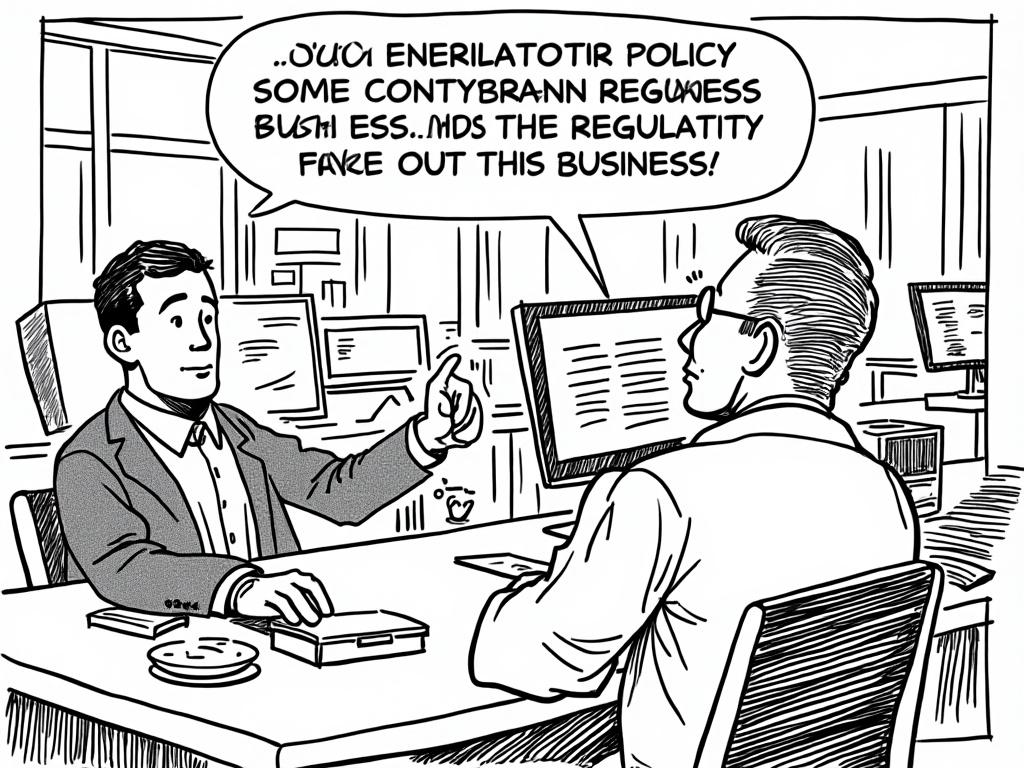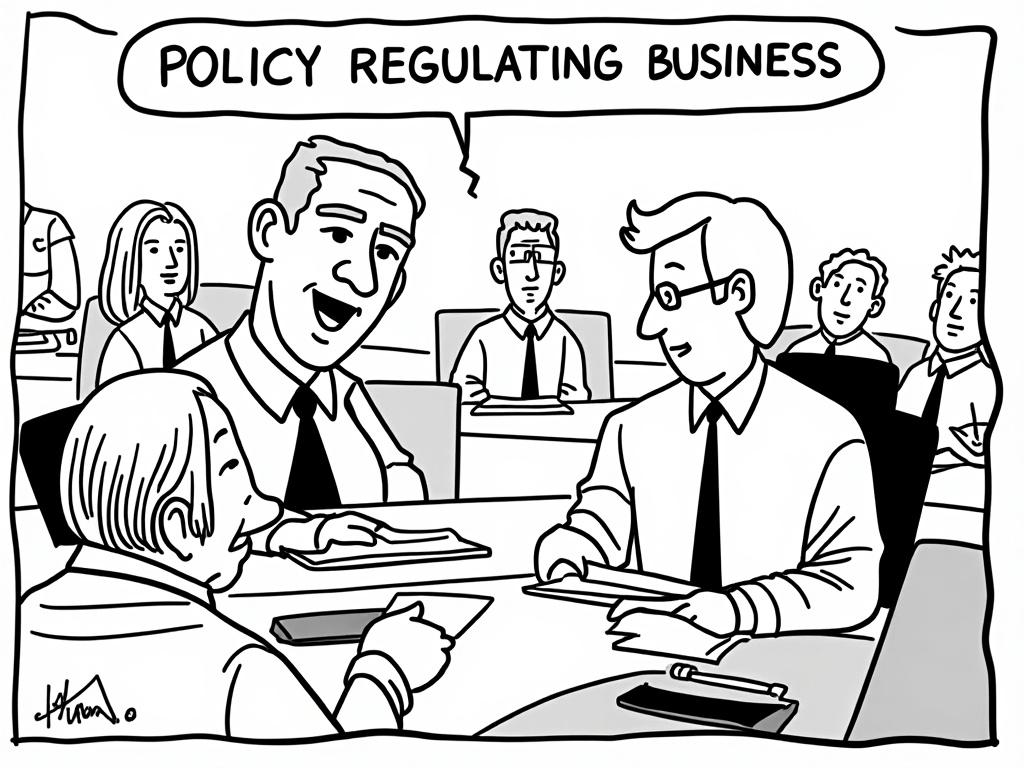
Environmental Policies and Regulations in Greece: Navigating the Green Transformation
Reading time: 8 minutes
Ever wondered how Greece is balancing its ancient heritage with modern environmental challenges? You’re about to discover a complex regulatory landscape that’s reshaping everything from renewable energy investments to everyday business operations across this Mediterranean nation.
Table of Contents
- Policy Framework Overview
- Key Environmental Regulations
- Renewable Energy Initiatives
- Implementation Challenges and Solutions
- Impact on Business and Investment
- Your Environmental Compliance Roadmap
- Frequently Asked Questions
Policy Framework Overview
Greece’s environmental policy landscape has undergone dramatic transformation since the 2008 financial crisis. What started as EU-mandated compliance has evolved into a comprehensive green strategy that’s attracting international attention—and investment.
Here’s the straight talk: Greece isn’t just catching up with European environmental standards; it’s positioning itself as a Mediterranean leader in sustainable development. This shift affects everyone from property investors to manufacturing companies operating in the region.
Core Legislative Framework
The foundation rests on three pillars:
- Law 4014/2011: Environmental licensing and impact assessments
- National Energy and Climate Plan (NECP): Targets 35% renewable energy by 2030
- Green Development Law 4819/2021: Fast-tracks environmental projects
Quick Scenario: Imagine you’re considering property for sale greece for a sustainable tourism project. These regulations will determine everything from your licensing timeline to potential tax incentives.
EU Integration and National Priorities
Greece receives approximately €2.3 billion from the EU’s Green Deal funding through 2027. This isn’t just bureaucratic compliance—it’s strategic economic positioning that creates real opportunities for businesses and investors who understand the regulatory landscape.
| Policy Area | Current Status | 2030 Target | EU Funding (millions €) |
|---|---|---|---|
| Renewable Energy | 22.7% | 35% | 850 |
| Energy Efficiency | 15.2% | 38% | 420 |
| Waste Management | 18% recycling | 50% recycling | 320 |
| Green Transport | 8% electric | 30% electric | 280 |
| Forest Protection | 25% coverage | 30% coverage | 180 |
Key Environmental Regulations
Environmental Impact Assessment (EIA) System
The reformed EIA process under Law 4014/2011 streamlines project approvals while maintaining strict environmental standards. The game-changer? Digital submission systems have reduced processing times from 18 months to 6-8 months for most projects.
Practical Tip: Projects are categorized into A1, A2, and B categories based on environmental impact. Understanding this classification early can save months in your approval timeline.
Waste Management and Circular Economy
Greece’s National Waste Management Plan mandates 50% recycling rates by 2030—a significant jump from current 18% levels. This creates both challenges and opportunities:
- Challenge: Insufficient infrastructure in rural areas
- Opportunity: €320 million in EU funding for waste management projects
- Solution: Public-private partnerships are accelerating infrastructure development
Water Resource Protection
Water scarcity affects 35% of Greek territory during summer months. New regulations require:
- Mandatory water recycling systems for hotels over 50 rooms
- Greywater treatment systems for new residential developments
- Industrial water usage permits with strict monitoring requirements
Water Management Compliance by Sector (2024)
Renewable Energy Initiatives
Solar and Wind Development Programs
Greece’s renewable energy transformation is happening faster than most experts predicted. The country added 1.2 GW of renewable capacity in 2023 alone—that’s enough to power 800,000 homes.
Case Study: Kozani Solar Park
The 204 MW Kozani project, completed in 2022, demonstrates Greece’s renewable potential. Built on former lignite mining land, it showcases how environmental rehabilitation can create economic value. The project:
- Created 400 construction jobs
- Generates enough clean energy for 75,000 homes
- Saved an estimated 300,000 tons of CO2 annually
Green Energy Incentives
The government offers compelling incentives for renewable energy investments:
- Feed-in Tariffs: Guaranteed 20-year power purchase agreements
- Tax Credits: Up to 40% investment tax credit for qualified projects
- Fast-Track Licensing: Streamlined approvals for renewable projects
Pro Tip: Small-scale solar installations (under 500 kW) qualify for simplified licensing procedures that can reduce approval times to just 3-4 months.
Implementation Challenges and Solutions
Bureaucratic Complexity
The Reality Check: Despite digital improvements, navigating Greece’s environmental regulations still requires patience and local expertise. Multiple agencies often have overlapping jurisdictions, creating potential delays.
Strategic Solution: Work with local environmental consultants who understand regional variations in regulatory interpretation. This investment typically pays for itself through faster approvals and avoided compliance issues.
Regional Disparities
Environmental regulations are implemented differently across Greece’s 13 regions. What works in Athens might face different requirements in Crete or Thessaloniki.
Case Study: Waste Management in the Islands
The Cyclades islands struggled with EU waste directives until 2022, when a innovative inter-island waste management system was implemented. This collaboration between six islands demonstrates how regional cooperation can overcome infrastructure limitations.
Balancing Tourism and Environment
Tourism generates 25% of Greece’s GDP but creates significant environmental pressure. New regulations aim to make tourism more sustainable without killing the golden goose:
- Mandatory environmental management systems for hotels over 20 rooms
- Restrictions on coastal development in sensitive areas
- Incentives for eco-certified accommodations
Impact on Business and Investment
Compliance Costs and Benefits
Environmental compliance isn’t just about avoiding penalties—it’s becoming a competitive advantage. Companies investing in environmental upgrades report:
- 15-25% reduction in operational costs through efficiency improvements
- Access to green financing at preferential rates
- Enhanced brand reputation and customer loyalty
Real-World Example: Titan Cement’s Kamari plant invested €50 million in environmental upgrades, reducing CO2 emissions by 30% while qualifying for €15 million in EU green bonds. The payback period? Just 6 years.
Investment Opportunities
Environmental regulations are creating new business sectors:
- Green Construction: Demand for sustainable building materials growing 20% annually
- Waste-to-Energy: 15 new facilities planned through 2027
- Environmental Consulting: Market size doubled since 2020
Your Environmental Compliance Roadmap
Ready to turn environmental complexity into strategic advantage? Here’s your practical action plan for navigating Greece’s green transformation:
Immediate Actions (Next 30 Days)
- Conduct Environmental Audit: Assess your current compliance status across all applicable regulations
- Identify Funding Opportunities: Research available EU and national grants for your sector
- Engage Local Expertise: Connect with environmental consultants familiar with your region’s specific requirements
Medium-Term Strategy (3-6 Months)
- Develop Compliance Timeline: Create detailed project schedules for necessary upgrades or approvals
- Explore Green Financing: Investigate preferential rates for environmentally beneficial projects
- Build Stakeholder Relationships: Establish connections with relevant regulatory agencies and local communities
Long-Term Positioning (6-24 Months)
- Integrate Sustainability: Embed environmental considerations into your core business strategy
- Monitor Regulatory Evolution: Stay ahead of upcoming policy changes and market opportunities
- Scale Successful Practices: Expand proven environmental initiatives across your operations
Greece’s environmental transformation represents more than regulatory compliance—it’s an economic repositioning that will define the country’s competitive advantages for decades. Those who understand and adapt to this green transition won’t just survive; they’ll thrive in an economy increasingly focused on sustainability and innovation.
The question isn’t whether you can afford to invest in environmental compliance—it’s whether you can afford not to. What’s your first step toward turning Greece’s green regulations into your competitive advantage?
Frequently Asked Questions
How long does environmental licensing typically take in Greece?
Processing times vary by project complexity: Category B projects (low impact) typically take 2-3 months, while Category A projects (significant impact) require 6-8 months. The digital submission system implemented in 2022 has reduced average processing times by approximately 40% compared to previous paper-based systems.
What are the penalties for non-compliance with environmental regulations?
Penalties range from €500 for minor violations to €200,000 for serious environmental damage. Repeat offenders face operational shutdowns and criminal prosecution. However, the government offers amnesty programs for businesses that voluntarily upgrade their systems to meet current standards within specified timeframes.
Are there specific incentives for foreign investors in green projects?
Yes, foreign investors can access the same EU funding and national incentives as domestic companies, including investment tax credits up to 40% for renewable energy projects and preferential financing through the Greek Development Bank. Additionally, fast-track licensing procedures apply to qualified green investments regardless of investor nationality.

Article reviewed by Arthur Pembridge, Agricultural Land Investor | Sustainable Farming & Timberland, on June 4, 2025




